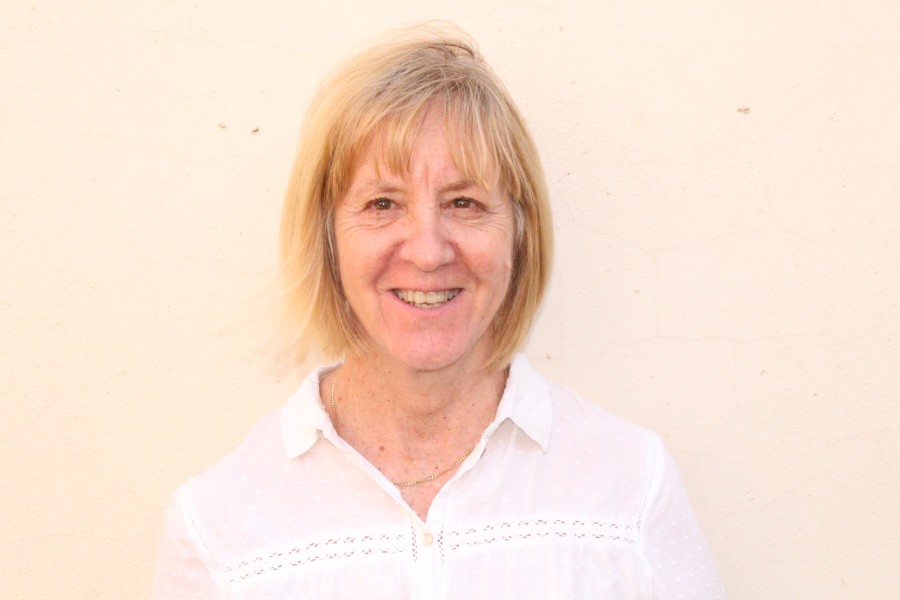HON. WATSON: Thank you Madam Speaker. I think that despite one of the recommendations in the Budget and Finance Committee, we should all understand that load shedding and the lack of generation of power is one of the biggest known financial risks to the budget basics and any economic stability. For growth, we require investment, investment requires savings, savings require confidence, and confidence requires stability. If we cannot create a stable environment, we simply will not get the predictions in the revenue.
I would also like to say that insufficient funding to ZIMRA, our revenue collection agency, also hamper domestic resource mobilisation. If ZIMRA cannot be capacitated to collect the revenues, we will simply not get the money and we go back to the circus of non-allocations which were not disbursed particularly across the social ministries.
I would also like to say that the reduction in allocations in real terms on some of the social sector budget is extremely worrying, for example the one for free sanitary pads in schools. This budget was reduced from the equivalent of 11,64 million USD down to 2,32 million USD, which will mean those who have not been given these sanitary pads anywhere are less likely to get them and they will not attend school as a consequence. These trends are very worrying; it is also to re-affirm that per capita USD spending although in 2022, the per capita spending was 71,66 USD and in the 2023 budget, it goes down to 48, 78 USD and that is primarily caused by the deferential in capital funding. Without capital funding, the health system will not improve. We see where we are now; it is dire and yet we are up from 2019 from 4, 18 USD per capita spending up to 71 and now 48. It means that health is severely underfunded in all regards and I would like the Minister to see that the entire social sectors are underfunded in favour of the perennial ministries which overspend. I thank you.



